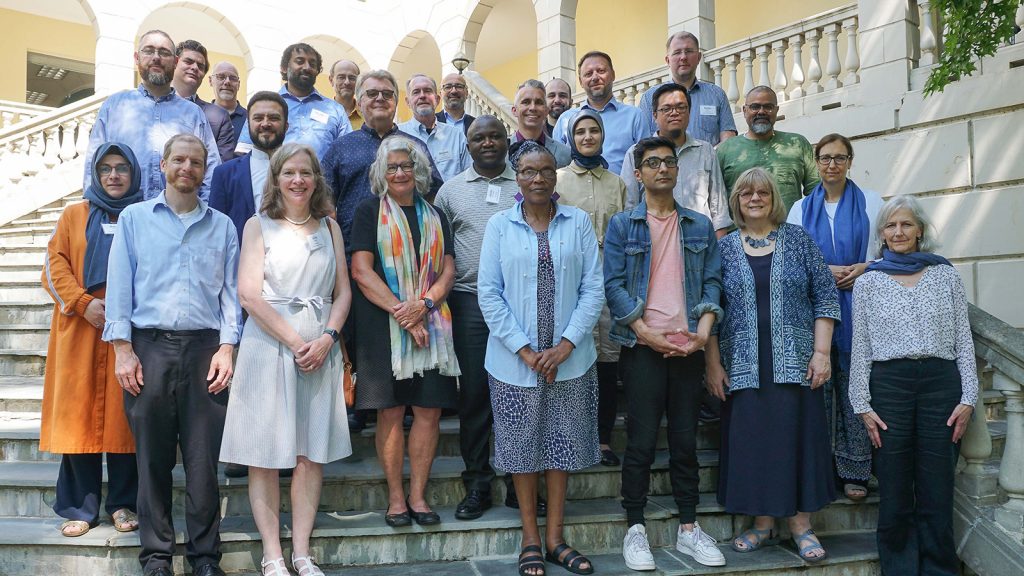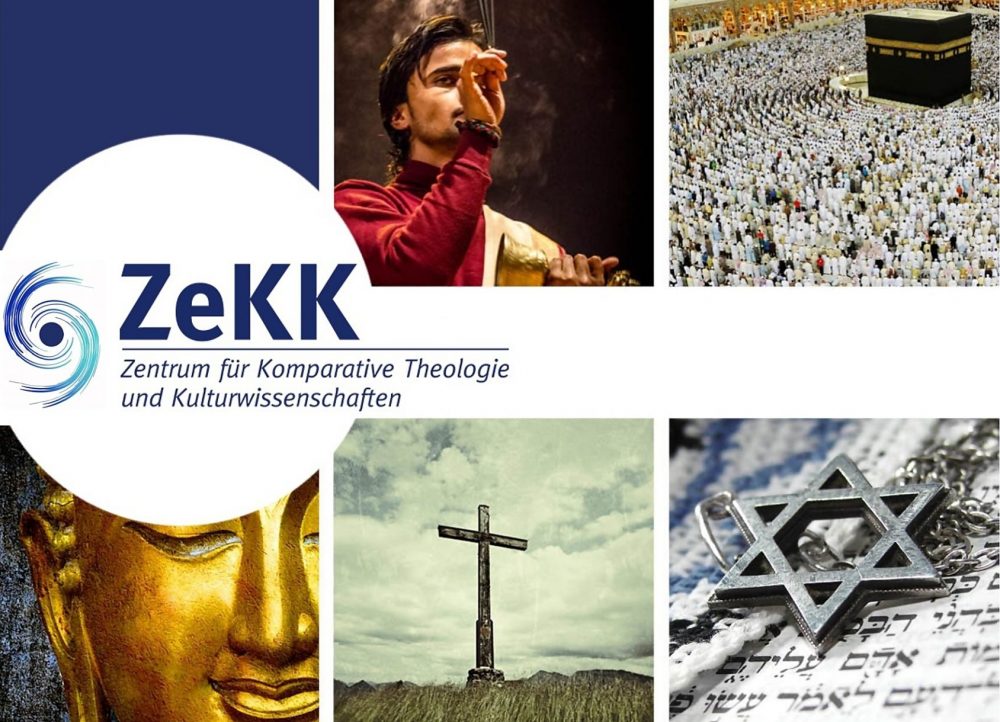In the humid, sweltering heat of June this year, I joined Christians and Muslim scholars from around the world in rural Virginia for the Building Bridges Seminar. For more than 20 years now, this initiative has brought together scholars from both faiths for intensive study and discussion around themes of mutual interest. This year, our discussions addressed the theme of “mercy and grace.” The initiative, led for many years by the former Archbishop of Canterbury Dr. Rowan Williams, is now chaired by Daniel Madigan, a Jesuit scholar who has studied and taught Islam while also being engaged in Christian ministry throughout the world. But for many, Madigan is first and foremost someone who teaches by example how to live as a person with a deep commitment to a faith tradition, while being receptive, even welcoming, towards a critique of one’s religious tradition from outsiders.
The Building Bridges initiative is distinct from many other interfaith dialogues between Christians and Muslims. Despite being founded in the aftermath of 9/11, the initiative largely privileges theological over overtly political dialogue. This is, it must be said, never an easy distinction to maintain. Will such theological dialogue even be possible in a xenophobic and racist climate in which travelling to locations such as the USA and Europe has been made increasingly burdensome not only for Muslims (as expressed in the so called “ Muslim travel ban” of the Trump administration) but also for citizens of Asian and African nations who, even after meeting the onerous, expensive and humiliating set of tests involved in applying for visit visas to Europe and North America, often end up with their travel applications denied.
Many attempts at Christian-Muslim dialogue have produced embarrassing platitudes about love, harmony and co-existence, without really addressing the reasons Christians and Muslims continue to find themselves in conflict. The results of these dialogues are usually a foregone conclusion shared by all or most of the participants, so that nothing new is really learnt in the act of coming together and talking with those from a different religious tradition. Building Bridges, by contrast, focuses not on resolving the differences between Christianity and Islam but on what Rowan Williams describes as an effort to improve “the quality of our disagreements.” Christians and Muslims will always continue to disagree about many things. But there is no reason for this disagreement to be based on a miscommunication, a failure to understand what the other side is actually saying (as opposed to what one side thinks or is told the other is saying) and an arrogance that makes one side think it has nothing to learn from those whose accounts of the world are different from its own. Adopting a posture of receptivity, of an openness to being the object of another’s interest, critique, acceptance or rejection, might be considered a vulnerable and undesirable one for believers to inhabit. Perhaps what is required is the cultivation of pious faith rather than nourishing our appetite for skepticism. But for some, the truth of their faith is realized when they are forced to suspend their comfortable and unquestioned ways of thinking and to respond to those whose ways of seeing and living in the world are strange, different, and – perhaps – wrong. There is nothing wrong with thinking that someone else is wrong. But it is better to not have the wrong reasons for thinking so.

Dr. Abdul Rahman Mustafa ist wissenschaftlicher Mitarbeiter am Paderborner Institut für Islamische Theologie.
#interfaith #islam #christianity #theology #comparative #dialogue
